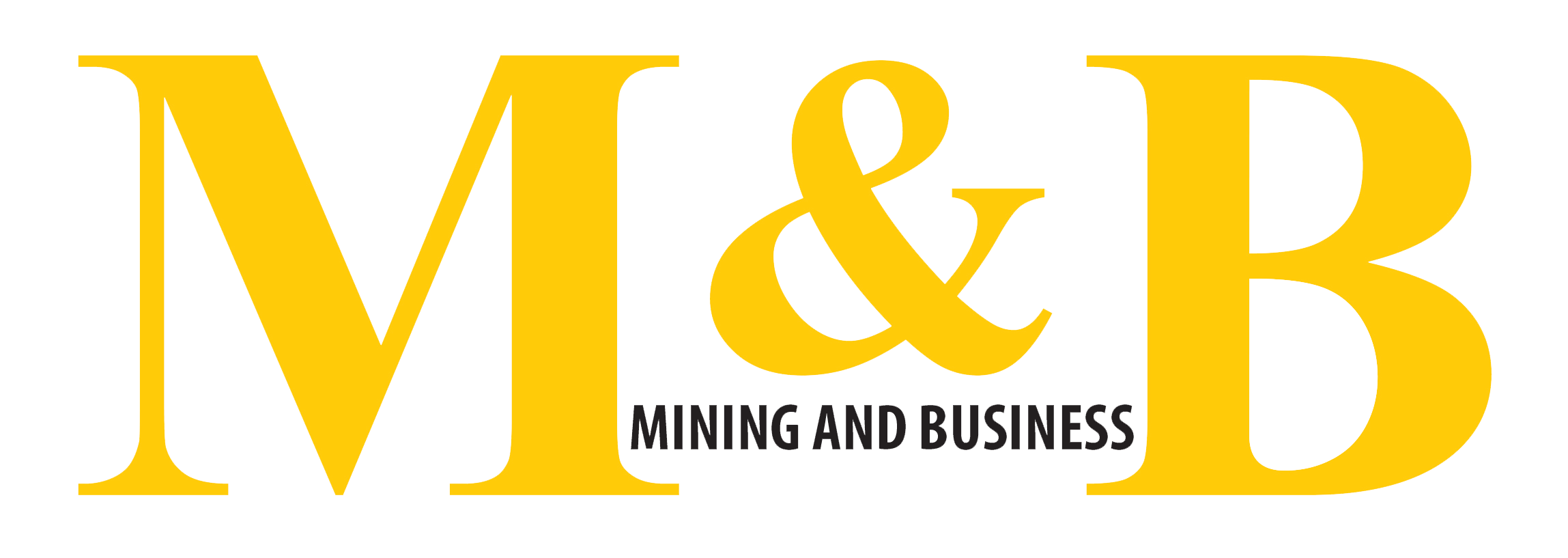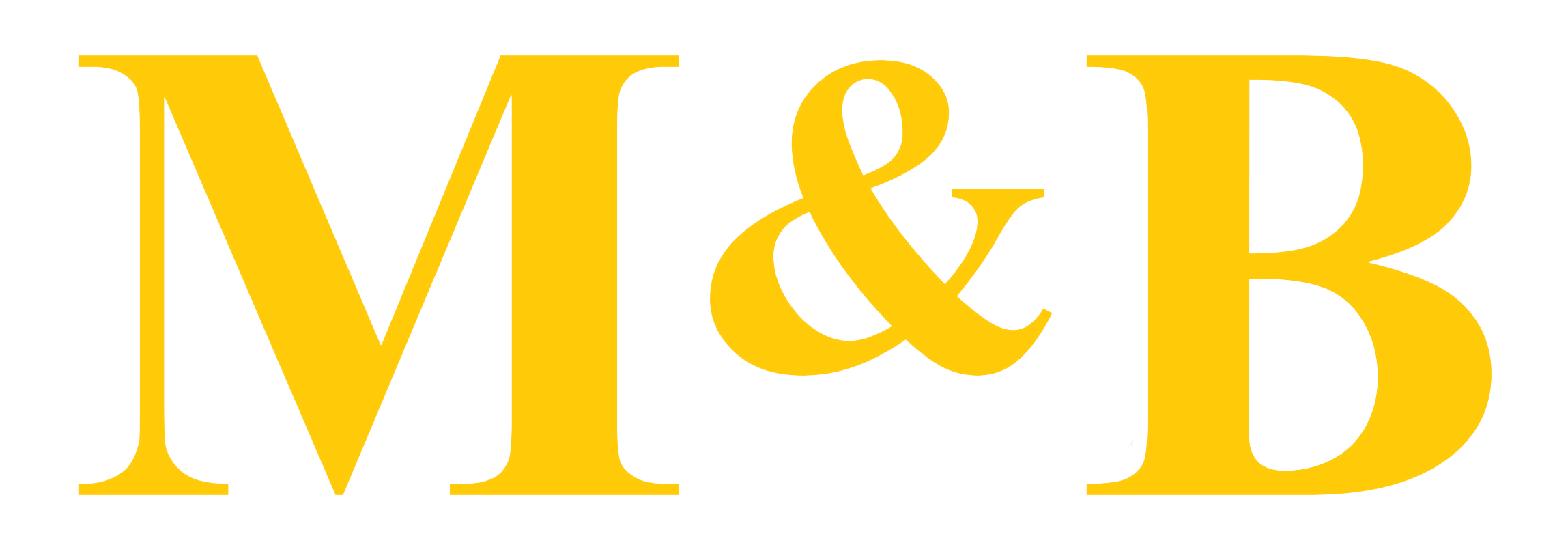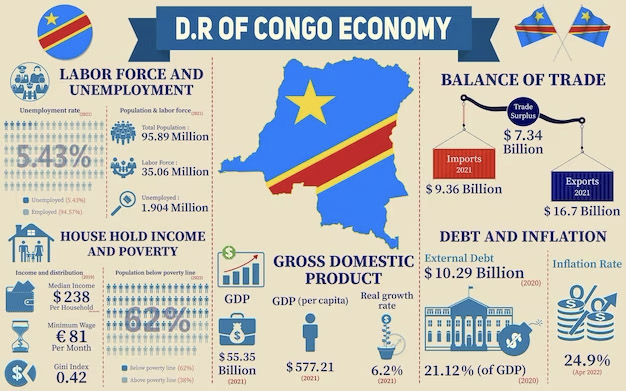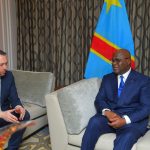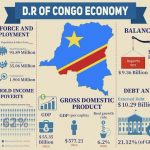‘Recovery, reforms, transformation: an opportunity for us to lay solid foundations for a radiant future’.
While the International Monetary Fund (IMF) was projecting a growth rate of 4%, the latest mission to Kinshasa by this Breton Woods institution gave encouraging signals. According to the IMF, the DRC’s economic growth rate stood at 6% at the end of June 2024.
The Minister of Finance, Doudou Fwamba Likunde Li-Botayi, gave clear guidelines in September 2024 for stabilising the macroeconomic framework and consolidating the exchange rate stability seen on the market over the past five weeks.
‘Investment is the only way to create wealth, which will then enable us to manage inflation and control the exchange rate in the long term. We need to invest in productive sectors’, explained Félicien Mulenda, Coordinator of the Comité technique de suivi et d’évaluation des réformes (CTR).
‘As long as we continue to rely heavily on imports, this trend towards a deterioration in our national currency will continue, especially as our economy is dollar-based. The guidelines have been set. It is with this in mind that the Finance and Budget Ministers are working to mobilise domestic and external resources’, he noted.
During the meeting, the Political Troika noted that ‘stability is being consolidated’ and that the Democratic Republic of Congo ‘is entering its fifth consecutive week of decelerating inflation’.
For the DRC’s Minister of Finance, it is necessary to look beyond the current situation to consider the structural aspects.
‘Today, the Minister said that beyond efforts to stabilise the macroeconomic framework, inflation and the exchange rate, we need to focus on long-term structural solutions that can anchor stability. These solutions include diversifying the economy, increasing domestic supply and production, with a focus on agriculture, transport and rural development’, he said.
The recent negotiations between the Congolese government and the International Monetary Fund (IMF) were also discussed.
‘We reviewed this mission’s aide-mémoire, which noted the progress made in managing public finances and our domestic wealth. The latest mission noted that the growth rate, estimated at 4.7%, was now estimated at 6% at the end of June. By the end of the year, we could achieve an even higher growth rate, which testifies to the country’s economic dynamism’, says Félicien Mulenda.
The Democratic Republic of Congo plans to mobilise US$2.5 billion as part of its negotiations with the IMF, said the CTR Coordinator at the end of the meeting.
‘We are working with the IMF and expect to mobilise up to 2.5 billion dollars, including 1.5 billion for the Extended Credit Facility and 1 billion for the Extended Resilience and Sustainability Facility. In addition, we anticipate budgetary support of 1 billion dollars from the World Bank for the period 2024-2026’, concluded Félicien Mulenda, Coordinator of the Technical Committee for Monitoring and Evaluation of Reforms (CTR).
On 16 September 2024, Judith Suminwa, Prime Minister of the Democratic Republic of Congo, officially submitted a finance bill for the 2025 financial year to the National Assembly. The bill was valued at 49.9 billion Congolese francs. Up 21% on the previous year, the budget was intended to be ambitious enough to revive the Congolese economy and meet the many humanitarian challenges facing the country.
The budget plan focused on several key sectors, including security, restoring peace, improving purchasing power, education and promoting agriculture. The aim was to respond to the immediate priorities of the Congolese people while consolidating the foundations for long-term sustainable development.
